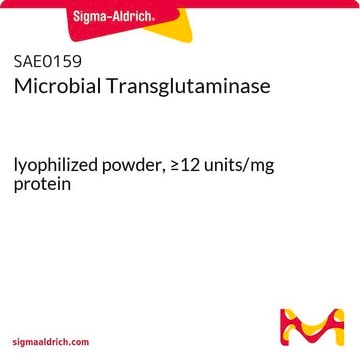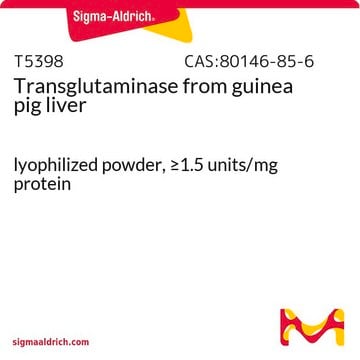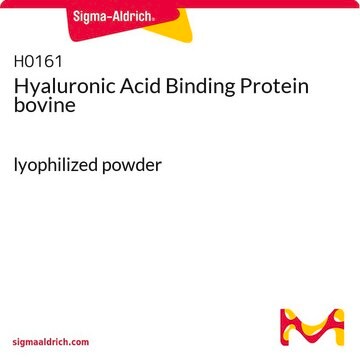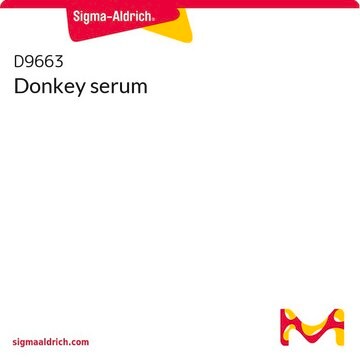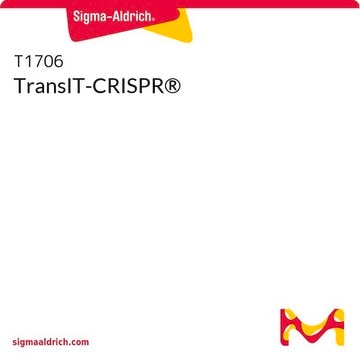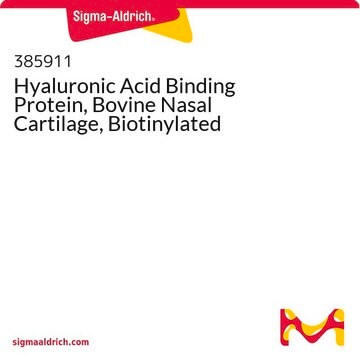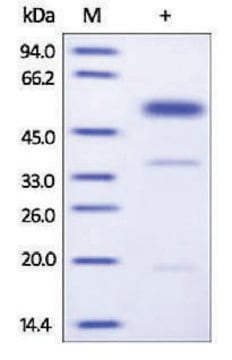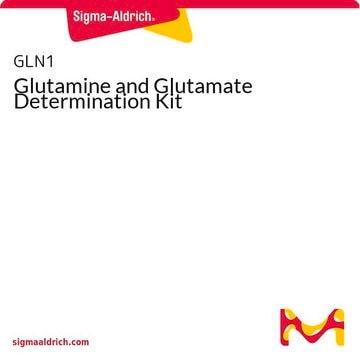CS1070
Transglutaminase Assay Kit
sufficient for assays in two 96-well plates
Synonyme(s) :
TGases Assay Kit
About This Item
Produits recommandés
Niveau de qualité
Conditions d'expédition
dry ice
Température de stockage
−20°C
Informations sur le gène
human ... TGM1(7051) , TGM2(7052) , TGM3(7053) , TGM4(7047) , TGM5(9333) , TGM6(343641) , TGM7(116179)
Description générale
Application
Actions biochimiques/physiologiques
Autres remarques
Composants de kit également disponibles séparément
Mention d'avertissement
Danger
Mentions de danger
Conseils de prudence
Classification des risques
Aquatic Chronic 3 - Eye Dam. 1 - Met. Corr. 1 - Resp. Sens. 1 - Skin Irrit. 2
Code de la classe de stockage
8A - Combustible corrosive hazardous materials
Certificats d'analyse (COA)
Recherchez un Certificats d'analyse (COA) en saisissant le numéro de lot du produit. Les numéros de lot figurent sur l'étiquette du produit après les mots "Lot" ou "Batch".
Déjà en possession de ce produit ?
Retrouvez la documentation relative aux produits que vous avez récemment achetés dans la Bibliothèque de documents.
Les clients ont également consulté
Notre équipe de scientifiques dispose d'une expérience dans tous les secteurs de la recherche, notamment en sciences de la vie, science des matériaux, synthèse chimique, chromatographie, analyse et dans de nombreux autres domaines..
Contacter notre Service technique